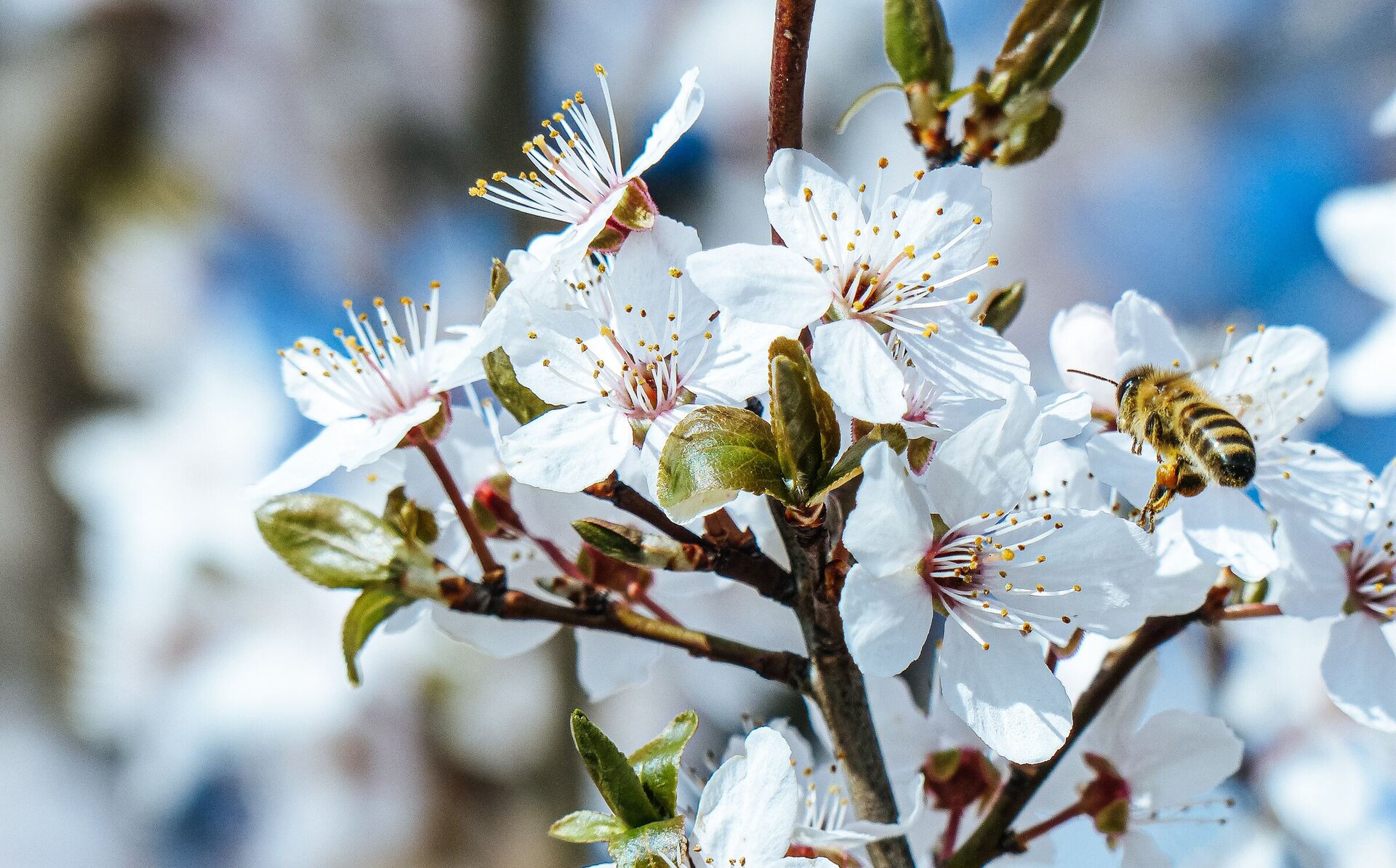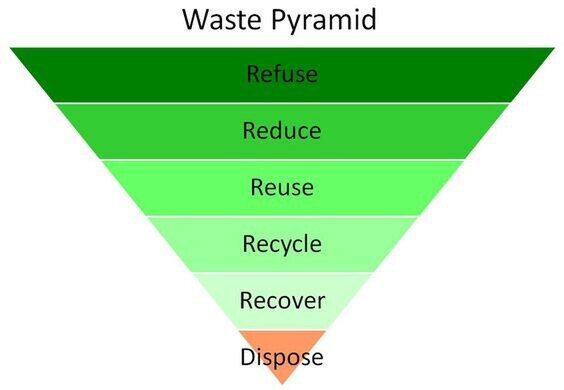I've just joined a 'Waste Busters' weekly workshop with Go Eco in Hamilton. It's an opportunity to share ideas on creating less waste, having fun making waste-free products and chatting about creating change in our world. It will cover: food, the garden, cleaning (personal and home), celebrations, work, recreation and travelling. Can't wait to learn some new tricks!
It is great that most people are recycling their plastics and other recyclables. But did you know that China are no longer taking other countries recycling? Many of New Zealand's recycling centres have plastic piling up with no where for it to go! Have a read of this example in Huntly where the Huntly transfer station is described as 'slums of Mumbai'. It's a real concern!
So reducing waste is even more important than ever!
In session one we talked about what waste is and how to avoid it. I love this definition of waste - 'Waste is a resource we haven't figured out what to do with yet'. It's so true! If we think outside the square there might be a use for our waste, we just need to stop and think before we throw things out!
This waste pyramid is very helpful to remember when you are thinking about waste.
Refuse:
When purchasing items or food refuse unnecessary packaging and single-use plastic. For example purchase items in glass or paper rather than plastic. Do you even need the item in the first place? Can you do without?
Reduce:
If you can't avoid waste then try to reduce it as much as possible, can you borrow instead of buy or buy second hand? Look to get chickens, start a compost bin or/and worm farm to reduce food scrap wastage.
Reuse:
Can you use it for something else? If you have to buy things in plastic containers, reuse them for storing items and food. Pass on unwanted clothes and items to others, there are always people in need. Mabye give old containers, lids, egg cartons, scraps of material, wood, etc to your local Playcentre for childrens craft.
Recycle:
If you can't refuse, reduce or reuse then recycle. Use your councils recycle bins, put all your soft plastics in the specified bin at the supermarket. Remember to use recycle bins when you're out instead of just rubbish bins, if there aren't recycling bins available then please take items home to add to your recycling.
Recover:
You may be able to recover materials or energy from waste. I just love this story about some retired men in Wanganui turning trash into cash for the community, check it out!
Dispose:
Finally if you are unable to refuse, reduce, reuse, recycle or recover then the final resort is to dispose of the item in the landfill. The least the better!
I've been thinking lately that if we have the mindset of people in the great depression that would really help our environment, treat everything as a resource to be used to it's full potential and not wasted.







